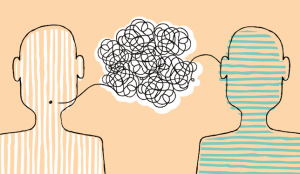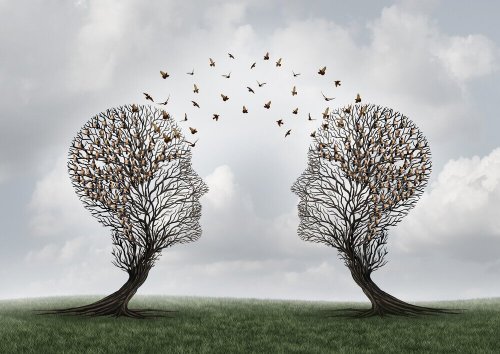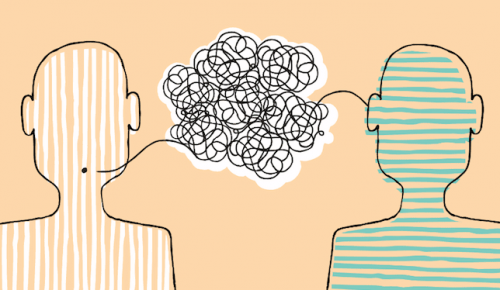The Importance of Conscious Communication

We start communicating with our surroundings in our mother’s womb. We react to the stimuli around us, although our responses aren’t the result of conscious decisions. As we grow, we shape and modify our communication to conform to certain social patterns. Thus, we reach a point in which we can differentiate between intentional communication and conscious communication.
Communicating your basic needs ensures your survival by establishing bonds with the people around you. This is a natural and spontaneous impulse. However, people have been talking about another kind of communication: conscious communication.
Mindfulness, or conscious communication, gives us an awareness of the present. In the modern world, where we have multiple means of communicating with others, some research tells us to stop multi-tasking. We need to focus on one task and stop dividing our attention. We’re talking about producing as well as receiving information. After all, communication isn’t just about sharing information, but also about knowing how to interpret it.
What is mindfulness?
People often firmly believe in their point of view. However, when they’re getting a message from someone else, they divide their attention. Thus, during a conversation, it’s important to ask yourself “Am I really listening? Or am I just waiting for the other person to finish so I can talk? Am I aware of the non-verbal communication?” For better or for worse, a large part of the messages we share with other people is non-verbal.

If you want to be a conscious communicator, you have to be an active participant. This isn’t an easy process. It has to start in schools, where students and teachers are already practicing some exercises related to conscious communication. For example, empathy and acceptance activities are a great way to introduce this subject to small children. Emotions are key in our day to day lives. Effectively managing them requires a lot of patience and practice.
Being mindful, or aware, means not giving in to frustration or anger when you communicate with other people. Knowing when to give your emotions free rein is a sign of conscious communication. This is when emotional intelligence comes in handy because it helps you manage your emotions as well as accept other people’s.
How can I practice conscious communication?
The first step is understanding that communication is a process. Wanting to be mindful isn’t the same as being mindful. It’s a complex skill with a large scope:
- Writing and reasoning: If you make a lot of grammar mistakes and use a lot of slang, you’re shooting yourself in the foot. Your words make the very first impression, so make sure you speak eloquently.
- Lack of emotion: Communication isn’t just about transmitting information. If that’s all you do, you’ll have a hard time getting through to your listeners. Speaking in an emotional way that sparks empathy with other people is much more effective. Your listeners will feel part of the communication process and, as a result, they’ll listen to you. Using emotions in your speech also increases the likelihood that your message will stick.
- Non-verbal communication: This refers not only to gestures and other kinds of body language but also implied or practical information that you share with others. Consequently, you should try to pay attention to both of these aspects. That is, make sure your body language says that you’re open to dialogue and other ways of thinking. What’s more, practical elements are key. You have to keep things such as culture and social norms in mind so that you can better understand the person you’re talking to.
- Dealing with emotions responsibly: Not everyone feels the same way, and not everyone can express their emotions in the same way. If you want something from someone else, you have to find the best way to ask for it.

Conscious communication is worth the effort
Being a conscious communicator will undoubtedly make you a more effective communicator. It will make you more empathetic and easier to relate to. It will also make it easier to express yourself in the best way possible in any particular social context. This is a difficult process because you’ll have to identify and recognize your mistakes. However, what you stand to gain makes it worthwhile.
This text is provided for informational purposes only and does not replace consultation with a professional. If in doubt, consult your specialist.








